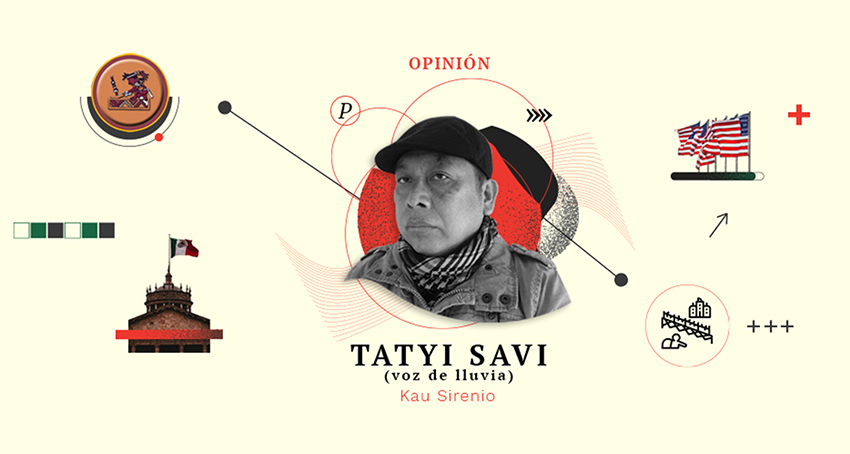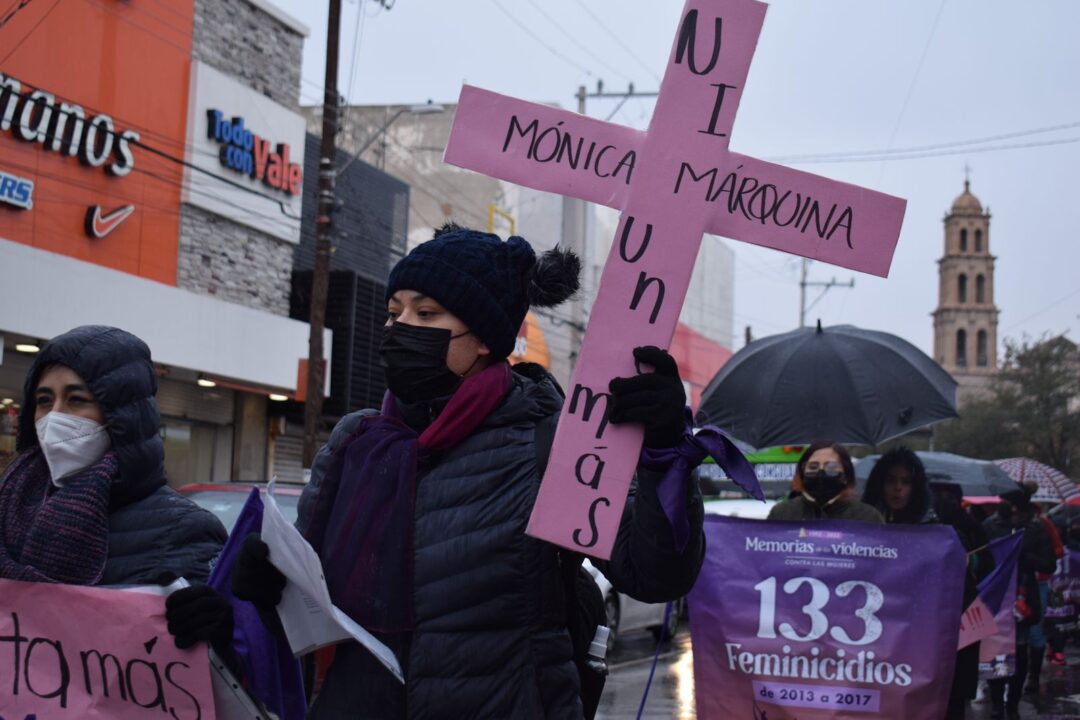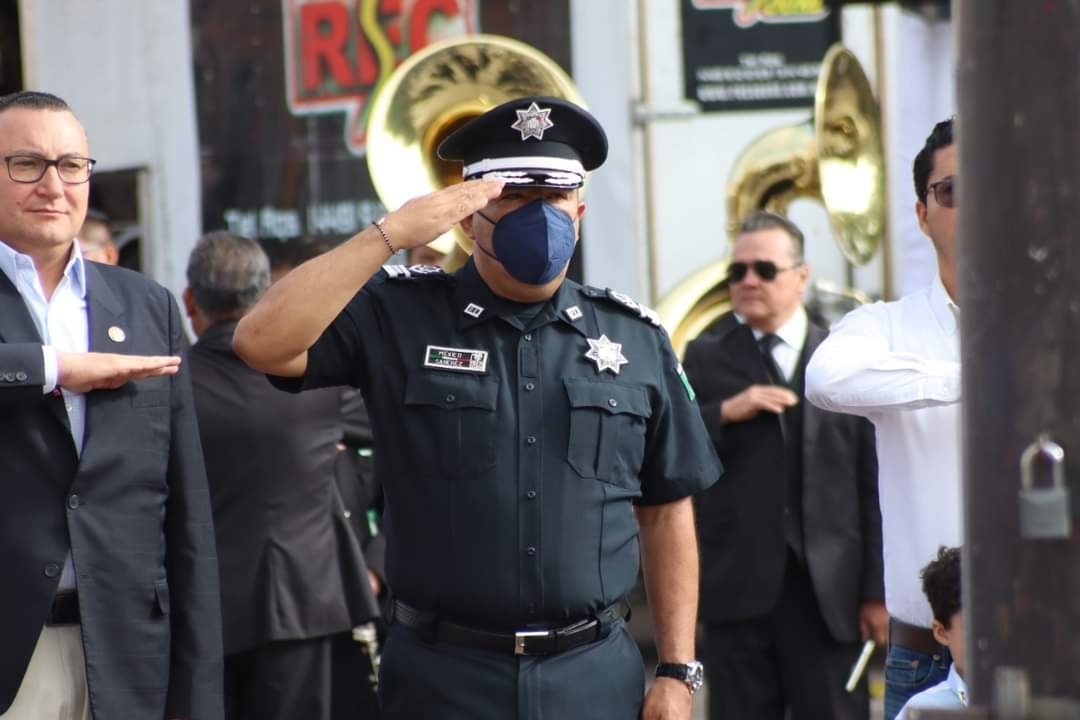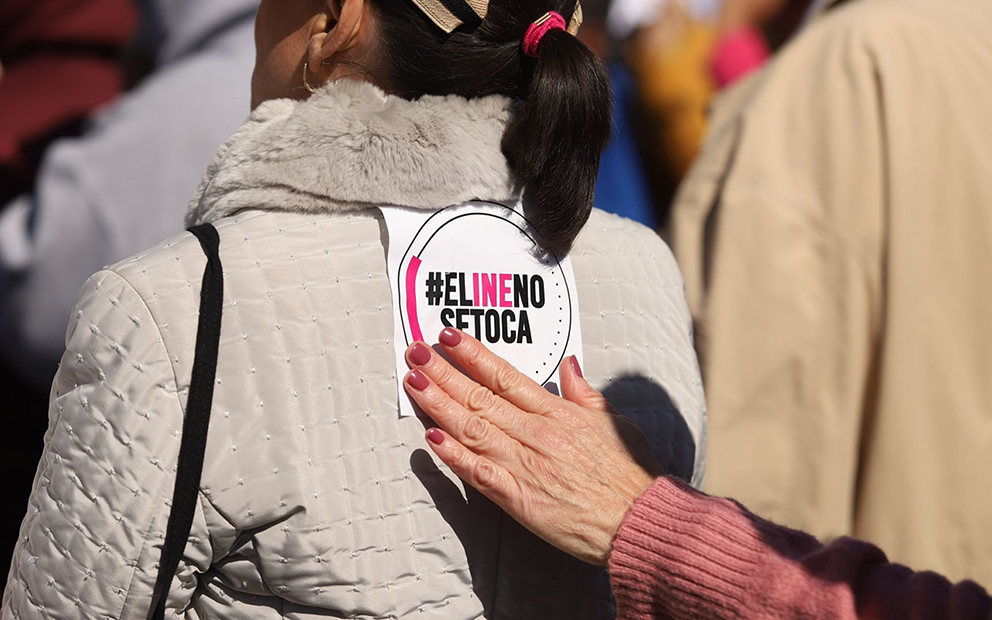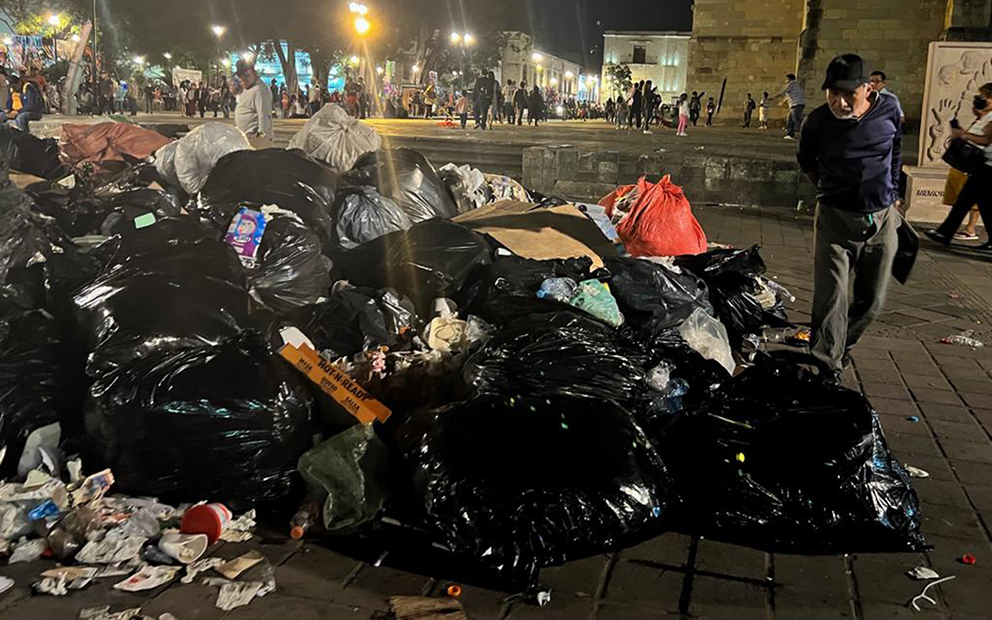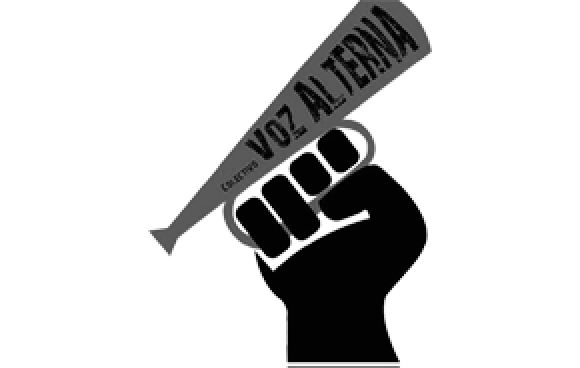Given the abuses committed by developers, real estate firms, and bankers, workers have to mobilize in the streets to push for legislation on housing and end abusive rentals, and for the appropriation of empty housing for low-cost rentals. Until that happens, the policies of the mayor of México City will be no more than demagoguery.
Opinion column by Kau Sirenio, originally published October 18, 2022.
México City has become a place nobody wants. A classist city with little housing for migrants who come to study and work. Over the last 30 years, farmers have been leaving their land to come to this city. Many arrived with their families, and those who had the means would rent in the borough of Iztapalapa.
Housing shortages started years ago, with the earthquake on September 19, 1985. After the catastrophe, the shortages started, and workers were left without options. Around 250,000 people were left homeless, and another 90,000 were forced to leave their homes.
The city still hadn’t recovered when the economic crisis in 1994 hit. Thousands of workers lost their jobs and the ability to pay their mortgages or the rent in the houses where they lived. From there, social organizations dedicated to occupying abandoned houses and negotiate with the owners for renovations and sale to the occupants were created.
In his book The Housing Question, German philosopher Frederic Engels considers housing problems as co-substantial with the capitalist mode of production, in which capitalists and the bourgeoisie seek to eliminate the right of workers, and the rest of society, to dignified and accessible housing.
The housing problem that the 1985 earthquake left in its wake, combined with the high rate of migration from the countryside to the city, was taken advantage of by developers to profit off of housing. Over the last 10 years, there has been a proliferation of companies devoted to renting houses and apartments with a long list of requirements.
These requirements have made México City unlivable, and a classist city. Many migrants from the different áreas of the country, including students, workers and professionals, cannot fulfill the bureaucracy that is asked of them in order to sign a rental contract.
By way of example, the Viva Anuncio website doesn’t advertise it, but their requirements are as follows: “Requirements for renting an apartment: Completed application form. One month’s rent. Deposit. Proof of income (past three months). Official ID. Identifications of all of those who will live in the apartment. Proof of previous residence (past three months). Guarantor who is a family member that owns property in México City. Credit information (we provide the form). Privacy information (we provide the form). Legal contract.”
The message continues: “Guarantor must provide: Photocopy of deed. Proof of payment of property tax. Official photo ID. Credit form (we provide the form). Privacy form (we provide the form). Marriage certificate (if married). Proof of residence.”
When I spoke with staff from the rental company, they said “we charge 3,680 pesos (US$175) to do the paperwork. You will also be charged $3000 pesos (US$150) for housing insurance, and if you don’t have a guarantor you can pay a deposit for the rent, but you don’t get it back if you don’t pass the investigation.”
Viva Anuncios isn’t the only real estate company that asks for a pre-deposit, all the companies have the same policy. Their pretext is that they are investigating the prospective renters. However, if the people wishing to rent can’t prove economy solvency they not only cannot rent a place, they don’t get their money back.
All of this makes it difficuult for Indigenous migrants to rent in the following boroughs: Tlalpan, Coyoacán, Benito Juárez, Cuauhtémoc, Miguel Hidalgo, Álvaro Obregón, Cuajimalpa, Iztacalco and Azcapotzalco.
Our reality seems to confirm Engles’ hypothesis that a housing bubble makes access to housing difficult for the working classes worldwide. The artificial shortage of land favors speculators and multiplies mortgage credits in favor of bankers.
In the face of the abuses of developers and bankers who wish to collect the salaries of migrnats, street level mobilization will be key in pushing for legislation on housing and an end to intermediatries, and for the appropriation of empty housing for low-cost rentals. Until that happens, the policies of the mayor of México City will be no more than demagoguery.
Kau Sirenio is a Ñuu Savi journalist originally from the Costa Chica region of Guerrero. He was a reporter with the newspaper El Sur de Acapulco and La Jornada Guerrero, host of the bilingual program Tatyi Savi (voice of the rain) on Guerrero Radio and TV and the Autonomous University of Guerrero Radio XEUAG in the Tu’un Savi language. He is currently a reporter with the weekly Trinchera.
Click here to sign up for Pie de Página’s bi-weekly English newsletter.
Ayúdanos a sostener un periodismo ético y responsable, que sirva para construir mejores sociedades. Patrocina una historia y forma parte de nuestra comunidad.
Dona

